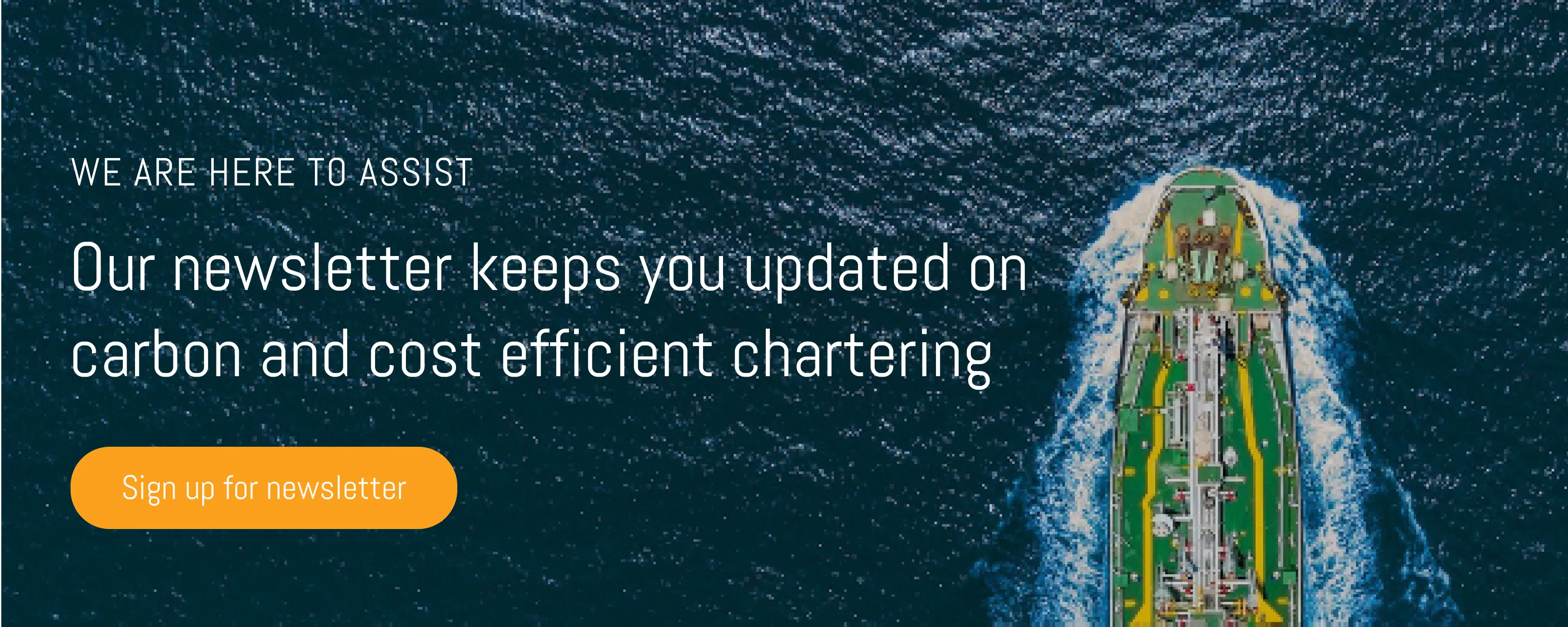The IMO 79th Marine Environment Protection Committee meeting took place this month and discussions around the reduction of GHG emissions from ships took centre stage.
Let’s take a look at some of the key outcomes of this meeting and what we can expect going forward.
The majority of IMO nations have shown support for the revision of the Initial Strategy and towards measures and initiatives targeting zero emissions from ships by 2050. Specifically, discussions focused on strengthening the 2030 ambition, deployment of low and zero carbon fuels as soon as possible, investments in human resources along the value chain to kick-start the decarbonisation process as well as the inclusion of green corridors in the revised IMO strategy.
The revision of the Initial Strategy is not expected before MEPC80 in 2023.
The IMO considered various proposals for mid-and-long term measures and following discussions, it seems member states are leaning towards a global greenhouse gas (GHG) levy system and a GHG Fuel standard in an effort to combine economic and technical features in their approach. Discussions will take place next year and a final decision on which measure to proceed with will be taken at MEPC80 in 2023.
More about the outcomes from a commercial perspective
A revised proposal to include all greenhouse gases emitted from ships in EEDI was discussed. The proposal seeks to develop EEDI phase 4 requirements based on tank to wake CO2e, including CO2, methane, nitrous oxide and black carbon using 20-year GWPs.
In addition, there were discussions to include an emission reduction benefit from a carbon capture system for ship exhaust gas (CCSE) in the calculation of EEDI, EEXI and CII. It is currently not included and operation of a carbon capture system onboard the vessel would result in additional emissions (ventilation, heating, compression process) without any benefit in the regulations. This issue will be revisited in MEPC80.
Another push to include CII correction factors for short voyages and waiting time, was submitted following arguments that ship owners have little influence on additional waiting time when ports experience overloads in demand or quiet times awaiting charterers and penalizing short sea passages. Due to differing opinions, a final decision on this is not expected prior to the review period in 2025.
The Committee examined the interim report of the Correspondence Group on Marine Fuel Life Cycle GHG Analysis, and the progress made on the development of emission factors for alternative marine fuels. The guidelines will create a well to wake calculation of total GHG emissions during a fuel’s life cycle from production to eventual use.
The IMO is expected to reach a consensus on a number of issues in MEPC80. In the meantime, we will follow up discussions and keep you updated.
More about the outcomes on technical measures

Let’s take a look at some of the key outcomes of this meeting and what we can expect going forward.
The majority of IMO nations have shown support for the revision of the Initial Strategy and towards measures and initiatives targeting zero emissions from ships by 2050. Specifically, discussions focused on strengthening the 2030 ambition, deployment of low and zero carbon fuels as soon as possible, investments in human resources along the value chain to kick-start the decarbonisation process as well as the inclusion of green corridors in the revised IMO strategy.
The revision of the Initial Strategy is not expected before MEPC80 in 2023.
The IMO considered various proposals for mid-and-long term measures and following discussions, it seems member states are leaning towards a global greenhouse gas (GHG) levy system and a GHG Fuel standard in an effort to combine economic and technical features in their approach. Discussions will take place next year and a final decision on which measure to proceed with will be taken at MEPC80 in 2023.
More about the outcomes from a commercial perspective
A revised proposal to include all greenhouse gases emitted from ships in EEDI was discussed. The proposal seeks to develop EEDI phase 4 requirements based on tank to wake CO2e, including CO2, methane, nitrous oxide and black carbon using 20-year GWPs.
In addition, there were discussions to include an emission reduction benefit from a carbon capture system for ship exhaust gas (CCSE) in the calculation of EEDI, EEXI and CII. It is currently not included and operation of a carbon capture system onboard the vessel would result in additional emissions (ventilation, heating, compression process) without any benefit in the regulations. This issue will be revisited in MEPC80.
Another push to include CII correction factors for short voyages and waiting time, was submitted following arguments that ship owners have little influence on additional waiting time when ports experience overloads in demand or quiet times awaiting charterers and penalizing short sea passages. Due to differing opinions, a final decision on this is not expected prior to the review period in 2025.
The Committee examined the interim report of the Correspondence Group on Marine Fuel Life Cycle GHG Analysis, and the progress made on the development of emission factors for alternative marine fuels. The guidelines will create a well to wake calculation of total GHG emissions during a fuel’s life cycle from production to eventual use.
The IMO is expected to reach a consensus on a number of issues in MEPC80. In the meantime, we will follow up discussions and keep you updated.
More about the outcomes on technical measures
